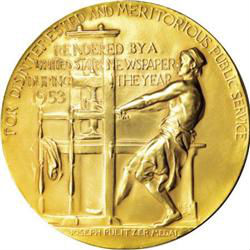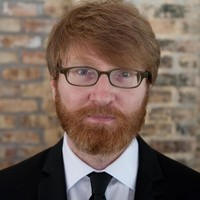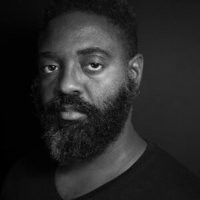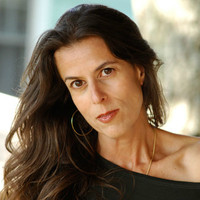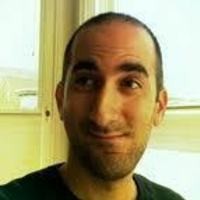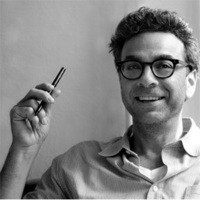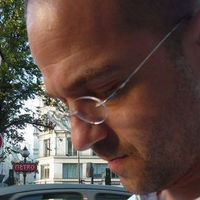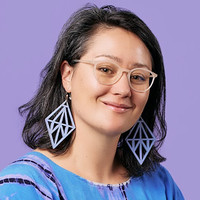U.S. Journal: Pinellas County, Florida Attractions
The first thing I did at Walt Disney World was to take an oath not to make any smart-aleck remarks. A Disney public-relations man had told me that attitude was everything. So I placed my left hand on a seven-Adventure book of tickets to the Magic Kingdom and raised my right hand and promised that there would be no sarcasm on my lips or in my heart.
